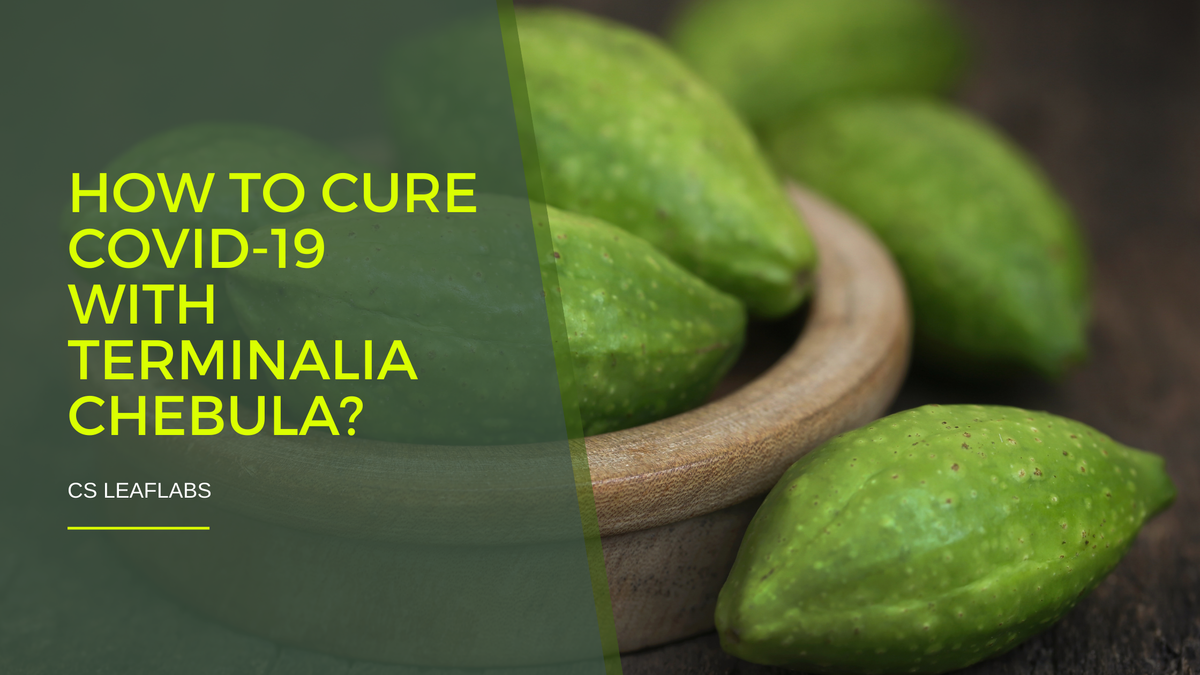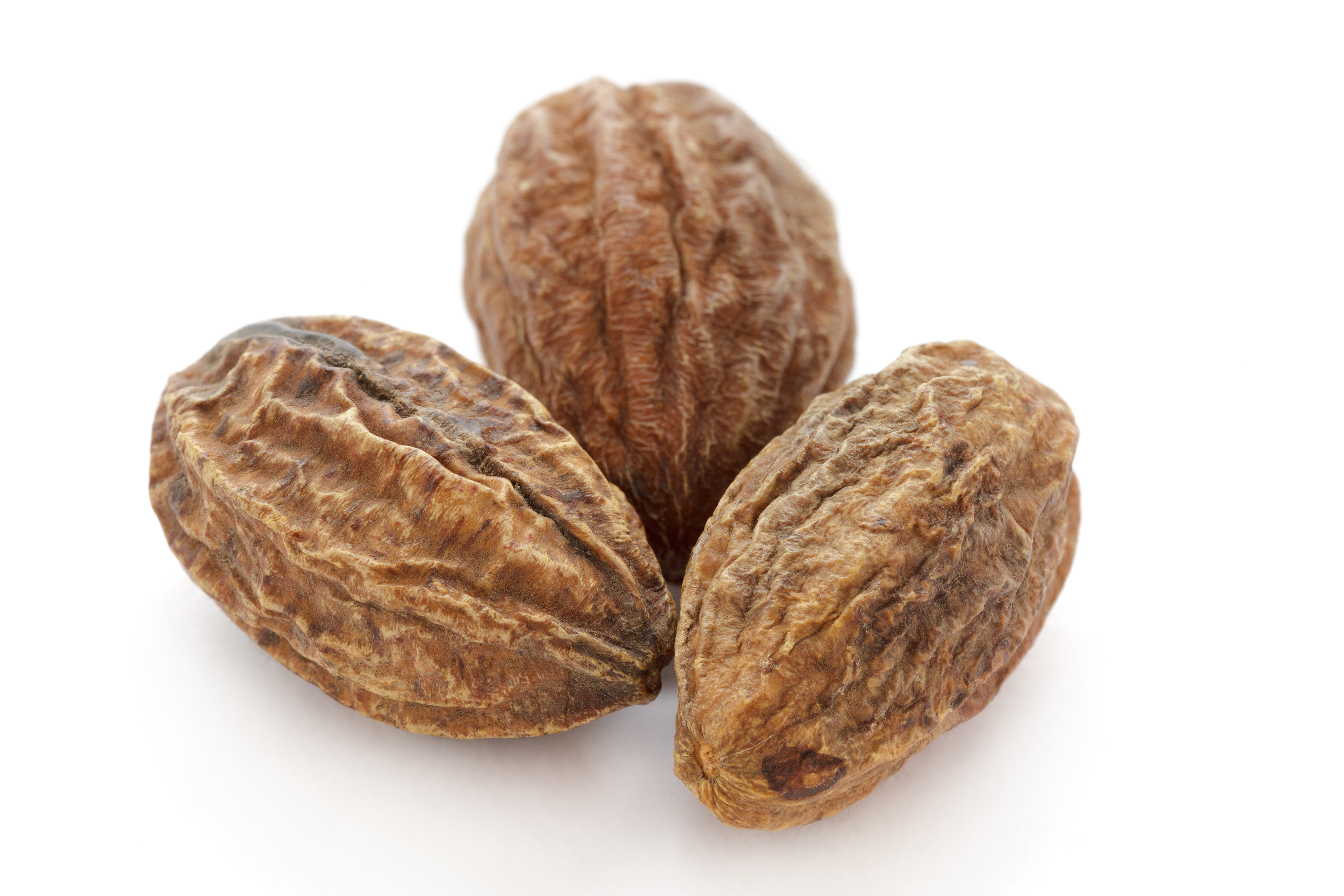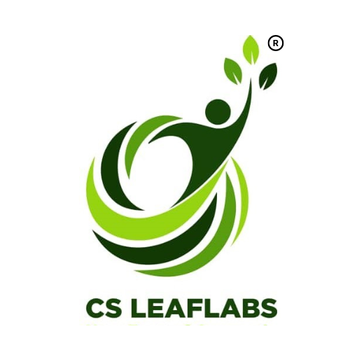
What is Covid-19 ?
The COVID19 disease, caused by the SARSCoV2, has arisen as a worldwide pandemic, wreaking havoc on the lives and economies of over a hundred countries.
As of October 22, 2021, more than 242 million people had been infected with the virus due to an unparalleled rate of transmission, and 4.93 million had died as a result of the pandemic.
How does coronavirus work?
Most people infected with the virus will experience mild to moderate respiratory illness and recover without requiring special treatment. However, some will become seriously ill and require medical attention.
The virus can spread from an infected person’s mouth or nose in small liquid particles when they cough, sneeze, speak, sing or breathe.
Meanwhile, even if the patient recovers and tests negative for Covid-19, the long covid or post covid symptom will persist for 14 to 180 days. COVID-19 is not healthy for your body's health in the long run.
Is there a cure for coronavirus?
COVID-19 therapies are being researched and developed by scientists all around the world. By targeting specific critical proteins of the virus, medicinal plants may be able to treat the condition.
Experts recommended taking antioxidant supplements to help the immune system battle the virus, but many Vitamin C pills on the market today are made from ascorbic acid, which is synthetic and not healthy to ingest for an extended period of time.
Terminalia Chebula, the natural cure for coronavirus!

Terminalia chebula Retz. (Fam. Combretaceae), is called the ‘King of Medicine’ in Tibet and is always listed at the top of the list of ‘Ayurvedic Materia Medica’ because of its extraordinary power of healing.
Terminalia chebula is found in the Sub Himalayan tracks from Ravi eastwards to West Bengal and Assam, ascending upto the altitude of 1 500 m in the Himalayas. As a phytoconstituent, the plant is abundant in tannins, phenolics, and polyphenols.
The plant has been demonstrated to possess multiple pharmacological and medicinal activities, such as
antioxidant
antimicrobial
antidiabetic
hepatoprotective
anti-inflammatory
antimutagenic
antiproliferative
radioprotective
cardioprotective
antiarthritic
anticaries
gastrointestinal motility
wound healing activity
The SARSCoV2 infection causes a flood of inflammatory mediators and causes significant oxidative damage to the human body. The virus's inflammatory and oxidative damage to cells can be mitigated by the anti - inflammatory agent and antioxidative capabilities of these plants, and the risks of cytotoxic effects are similarly low.
How Terminalia Chebula cure coronavirus?
Recent studies had screened about 51 medicinal plants and found Haritaki (Terminalia chebula) has potential against SARS‐COV‐2 3CL. 3CL is a crucial enzymatic protein of SARS‐CoV‐2
Terminalia chebula has been identified as a potential inhibitor of SARSCoV2 3CLpro activity. The researcher analyzed the proteolytic activity of the 3CLpro protein during the studies and discovered that the extracts Terminalia chebula had a considerable reduction in proteolytic activity. The halt in this enzymatic activity can potentially block the replication of the virus inside the cells and may confer a protective effect in COVID‐19.
Conclusion:
The old adage goes that food is the key to your healing. Taking a natural source of food to repair your body at the right dosage is thus a terrific technique to heal yourself utilizing Mother Nature.
Reference:
Varga, Z. , Flammer, A. J. , Steiger, P. , Haberecker, M. , Andermatt, R. , Zinkernagel, A. S. , … Moch, H. (2020). Endothelial cell infection and endotheliitis in COVID‐19. The Lancet, 395, 1417–1418. 10.1016/S0140-6736(20)30937-5
Varga, Z. , Flammer, A. J. , Steiger, P. , Haberecker, M. , Andermatt, R. , Zinkernagel, A. S. , … Moch, H. (2020). Endothelial cell infection and endotheliitis in COVID‐19. The Lancet, 395, 1417–1418. 10.1016/S0140-6736(20)30937-5
Bag A, Bhattacharyya SK, Chattopadhyay RR. The development of Terminalia chebula Retz. (Combretaceae) in clinical research. Asian Pac J Trop Biomed. 2013;3(3):244-252. doi:10.1016/S2221-1691(13)60059-3
Gupta AK, Tandon N, Sharma M. Quality standards of Indian medicinal plant. New Delhi: Indian Council of Medical Research; 2003. pp. 207–209. [Google Scholar] [Ref list]
